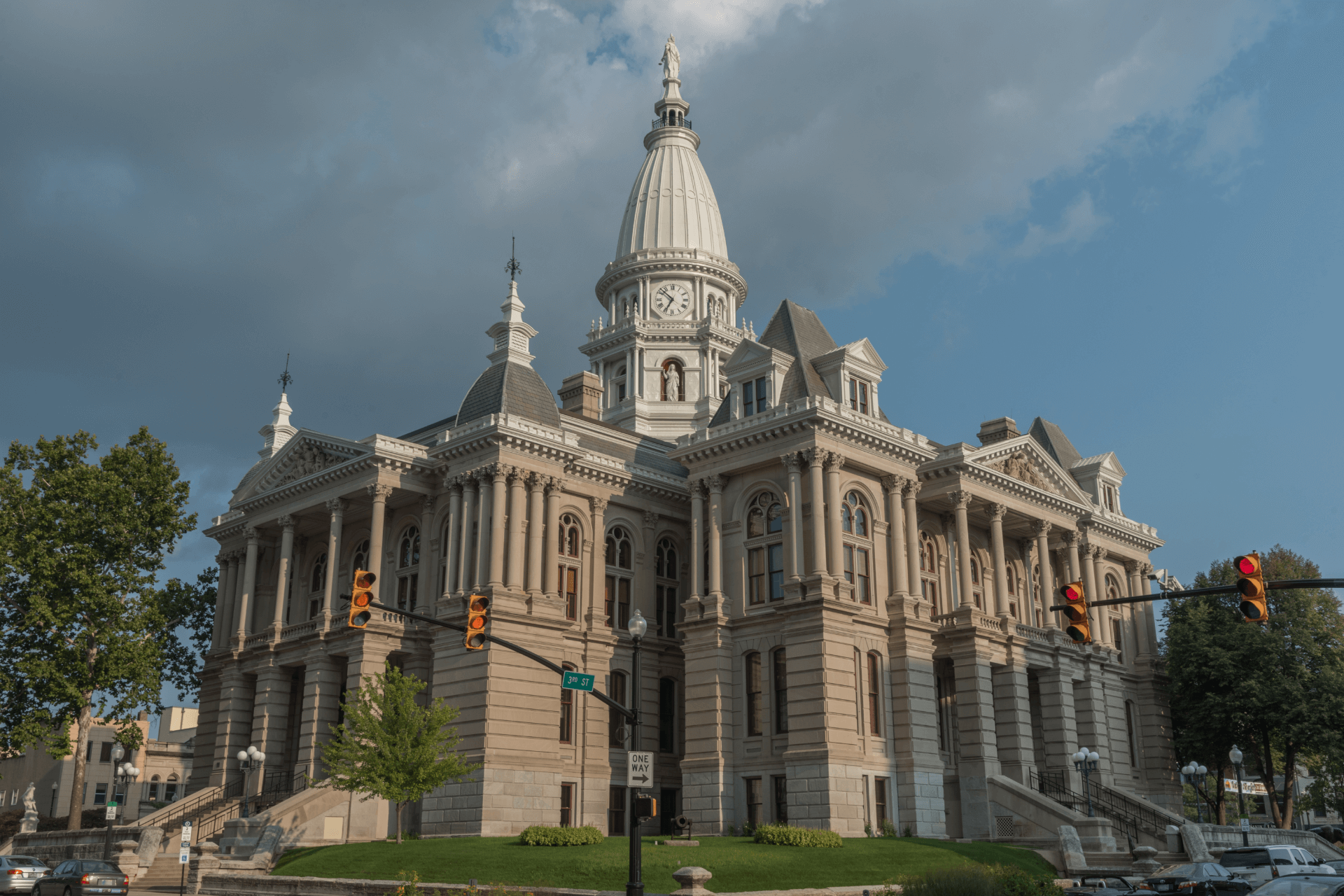Closing on your first home is an exciting milestone in your life. For many, it also represents the end of a long process of saving up for a down payment and looking for a suitable property. Not only do you have to save up enough money to make a 20% deposit, but you also have to find the right property that fits your budget.Fortunately, there are ways to minimize the impact of a closing cost and save money on your home purchase. This article will give you tips on saving money on your home purchase and lowering the number of fees you have to pay.
- Determine which services can be shopped, then, shop around.
When purchasing a home, you have to pay for various services. The most common ones are appraisal, title search, and insurance. These services can be purchased from different providers, so you shouldn't have to pay the same amount twice. To compare the prices of these services and determine which provider provides the best value, first check out the cost of each service on a variety of websites.
- Know which fees can change.
Sometimes, a fee that you have to pay can change. For example, if you find out that your local bank charges a cost of $350 for a title search, then you should shop around for another bank that charges less. The same goes for appraisals and insurance quotes. While the cost of these services is generally fixed by law, they can change over time, so check the current price before applying for a loan or signing a contract with an appraiser or insurance firm.
- Consider asking the seller to pay some of your closing costs.
Most sellers include closing costs in their initial offer price and don't want to change it. However, if you ask them nicely, they might be willing to contribute towards some of these fees. If they offer this service, make sure that they're giving you an appropriate discount and only request it if their offer is lower than what other lenders are offering.
- Check out the fees of the lenders you're considering.
When shopping for a mortgage lender, you should compare their fees and the amount of money you'll save. For example, if you go with a lender that charges $1,000 and your closing costs are $2,500, you'll end up paying more than what other lenders are charging. Know the fees of the lenders you're considering to determine whether or not they're a good value for your money.
- Save on discount points when mortgage rates are low
When mortgage rates are low, you can save money by buying a lower interest rate home with a larger down payment. However, if you're planning on closing within the next six months, you should consider shopping for a mortgage with a longer-term. This way, you'll be able to obtain discounted points at a lower rate.
- Shop around for mortgages that have no prepayment penalties.
Most lenders require paying the penalty if you pay off your mortgage early. However, some lenders don't charge any penalty fees and will accept your payment up to 30 days before your due date without any penalty fees or late fees. If this interests you, then make sure to shop around for other lenders so that you can find one that doesn't charge any penalty fees or late fees.
- Shop and compare homeowner's insurance quotes.
You should shop for the cheapest homeowner's insurance quotes and compare prices between different companies to see which one will give you the best rate. The most important thing is to find a company that offers good coverage at a reasonable price. If you choose the wrong company, you might spend more money than necessary on your homeowner's insurance.
- Ask the seller to pay for some or all closing costs
When you're buying a home, you must have a reasonable amount of money saved up for closing costs. If your seller is willing to pay for these closing costs and the other costs associated with purchasing a home, you should consider accepting this offer. Otherwise, you might spend even more money than necessary on your closing costs.
You can do many things to save money when purchasing a home. It would help if you also considered increasing your down payment to get a lower interest rate and charge less in closing costs. However, if you're planning on closing within the next six months, you should shop around for the best mortgage with no prepayment penalties and low-interest rates. This way, you can pay less money throughout the life of your loan.

